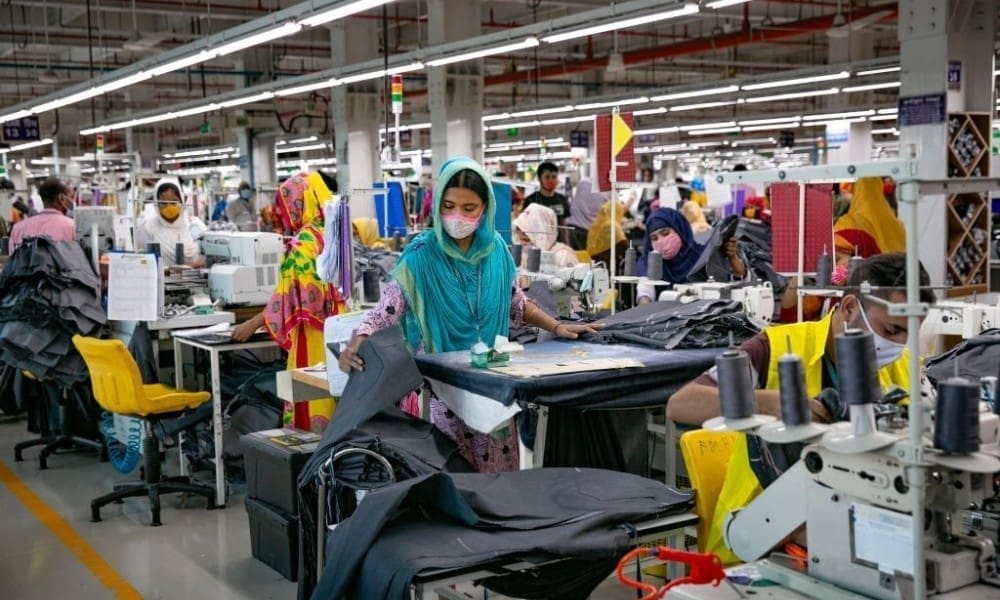After days of intense protests, workers in Bangladesh’s major industrial centres returned to their jobs as garment factories reopened. Tens of thousands of workers had been demanding a nearly three-fold increase in the minimum wage, from 8,300 taka to 23,000 taka ($208), to cope with the rising cost of living expenses. This has been the worst labour unrest in a decade for Bangladesh, whose garment factories make up 85% of the country’s annual exports, supplying global brands like Levi’s, Zara, and H&M.
Despite a recent 56.25% wage increase, workers rejected the offer, leading to further protests and even vandalism in some factories. Union leaders called for a minimum wage of 23,000 takas and demanded the release of all arrested workers. The government, however, urged workers to return to their factories. Police asserted that the situation has stabilized, with factories reopening and no ongoing violence reported.
The wage protests resulted in the deaths of four workers, with allegations against the police of instilling fear among workers. Taslima Akter, head of a garment worker union, claimed that a union leader had gone missing after meeting with protesters and families of deceased workers. Prime Minister Sheikh Hasina rejected further wage hikes, emphasizing potential job losses due to the protests.
Western brands, which purchase the majority of Bangladeshi clothing, had previously urged the government to increase the minimum wage enough to meet workers’ basic needs. In response, the Bangladesh Garment Manufacturers and Exporters Association called on these brands to pay fair prices, ensuring responsible purchasing practices.
The government’s efforts to bring stability to the garment industry and address worker concerns are ongoing as discussions between manufacturers, workers, and international brands continue.

